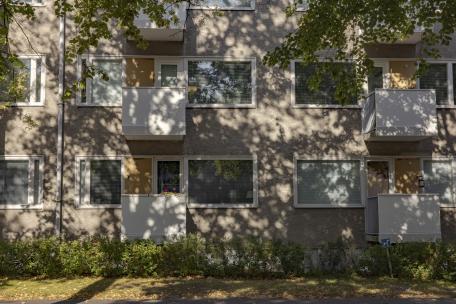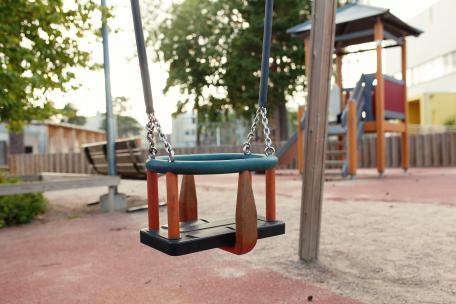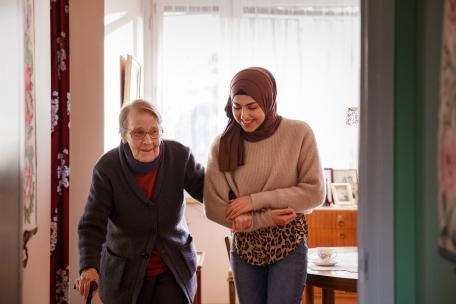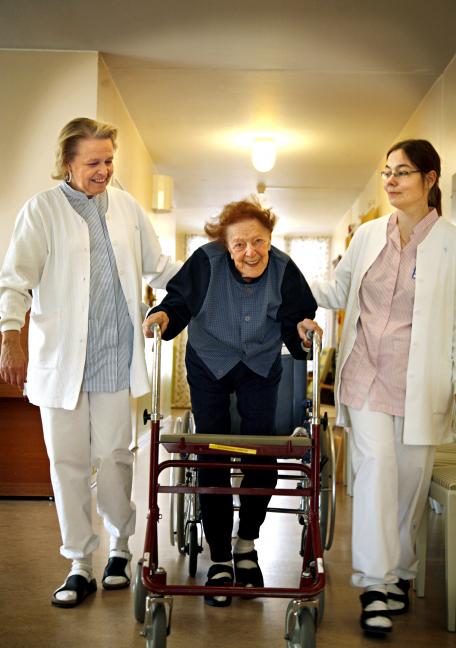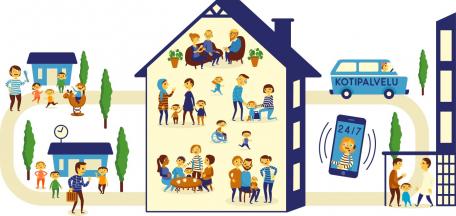Social
Swedish-language health and social services for families with children
In most of the services assessed, Swedish-speaking client families are provided with the same or, in some services, even better service than Finnish-speaking ones. The City purchases Swedish-language services in certain individual child welfare services where it does not have any Swedish-speaking staff.
Read more about Swedish-language health and social services for families with children ›
Reducing homelessness
Helsinki is a pioneer in reducing homelessness. Housing counselling helps to avoid evictions, which have a high financial and human cost. There is still room for improvement in the safety of emergency housing services.
Read more about reducing homelessness ›
Information flow and cooperation between basic education and Child Welfare
Information exchange and cooperation between basic education and the child welfare needs assessment unit have primarily followed the City's guidelines. However, there are many guidelines and they are not clear and consistent in all respects. The consultation practices of pupil welfare and Child Welfare are effective, and staff competence has been developed.
Read more about information flow and cooperation between basic education and Child Welfare ›
Access for elderly people from home care to 24-hour care
The access for elderly people in home care to long-term 24-hour care has improved and waiting times have been reduced. The application process may take a long time and client feedback is not collected on its functioning.
Read more about the access of older people in home care to 24-hour care ›
The Social Services, Health Care and Rescue Services Division’s preparedness for incidents and emergencies
The Social Services, Health Care, and Rescue Services Division’s preparations for incidents and emergencies are mainly appropriate, but based on the findings, development work should continue in the future.
Read more about the Social Services, Health Care and Rescue Services Division’s preparedness for incidents and emergencies ›
Preventing drug-related deaths in substance abuse services
The city’s substance abuse services have facilitated access to treatment for people with drug dependencies through many reforms that have improved access to opioid substitution and detoxification treatment. The impact of the reforms on access to other substance abuse services could not be assessed because the reforms have only been in place for a very brief period and comparable statistical data were not available. Services for people suffering from drug dependence can also reduce the harm caused by drug use and improve the amenity and safety of the surrounding area, but facilities are lacking.
Read more about the prevention of drug-related deaths in substance abuse services ›
City advocacy from an economic perspective
The city’s national advocacy has developed with the mayor model over the last two strategic periods.
Read more about the city’s advocacy ›
The effectiveness of recommendations
Action has been taken on 94% of the recommendations from the 2021 assessment report.
Read more about the effectiveness of the recommendations of the 2021 assessment ›
Social guidance for families with children
The City Strategy states that families will be supported in a multidisciplinary way, with resources directed towards early and wide-ranging support. Access to social guidance for families with children has been improved and the service has been expanded and developed. However, the waiting time for the service has increased, and the availability of skilled personnel has decreased.
Read more about social guidance for families with children ›
Maternity and child health services to support families with children
Maternity and child health services aim to meet the individual needs of families. However, families do not always receive specialised support quickly enough, and there is room for improvement in the continuity of care.
Read more about maternity and child health services ›
Employee well-being, retention and attraction in senior centres
Senior centres have made efforts to improve employee well-being, retention and attraction, but the indicators show that there is still room for improvement in future.
Read more about employee well-being, retention and attraction in early childhood education and care ›
Services in Family and Social Services to support the well-being of informal carers
Temporary care for people under 65 during informal care leave does not always meet the needs of different client groups. There are not enough temporary care placements for all client groups.
Read more about the services to support the well-being of informal carers ›
Achievement of binding objectives
51 per cent of the binding operation objectives were achieved. The prolongation of the COVID-19 pandemic has impacted the achievement of the objectives of the Education Division and the Social Services and Health Care Division in particular.
Read more about the achievement of the 2021 binding objectives ›
Adequacy of open child welfare services
The number of employees in the services of open child welfare is at its statutory level, but due to the increased challenges families face, all needs cannot always be addressed. Furthermore, child welfare has open vacancies for social workers, but the vacancies remain uncovered.
Read more about the adequacy of open child welfare ›
Home care for elderly citizens
Efforts have been made to develop home care in the last few years, but most of the objectives have not been achieved. Home care’s most prominent issue is the shortage of personnel. Linguistic equality is not realised due to the lack of Swedish-speaking nursing personnel.
Read more about the adequacy of home care ›
Mental health rehabilitees’ path from hospital care to housing
The city has strived to promote mental health rehabilitees’ access to housing services by turning the Aurora Hospital’s wards of rehabilitative psychiatry into housing units and by increasing the service selection of housing services in the competitive tendering of purchased services. However, the number of people on the waiting list for housing services has not decreased.
Read more about the housing path of mental health rehabilitees ›
Elderly patients in emergency services
Home care and service housing have introduced a guidebook for emergency situations and the mobile nurse service, but they are not utilised to their full potential. Closer cooperation should be established when discharging patients from hospital.
Read more about emergency services for elderly citizens ›
Sufficiency of Child Welfare foster care
Child Welfare is having challenges in meeting the increased need for foster care with family care and special and demanding institutional care.
Read more about Child Welfare foster care ›
Substance abuse services
The Social Services and Health Care Division has developed the treatment of people with substance abuse problems and harm reduction services and lowered the threshold for access to services. Cooperation with other operators, particularly child welfare services, needs to be developed.
Read more about the assessment of substance abuse services ›
Quality control of 24-hour care of the elderly
The quality control of the 24-hour care of the elderly can be considered to be satisfactory in the City’s own service provision and sufficient in purchased services.
Read more about Quality control of 24-hour care of the elderly
›
Cooperation and multi-professionality at family centres
The family centre model has increased cooperation between different professionals according to the objectives. Family centre work is just beginning in several areas of Helsinki, and there are still needs for development.
Read more about Cooperation and multi-professionality at family centres
›


